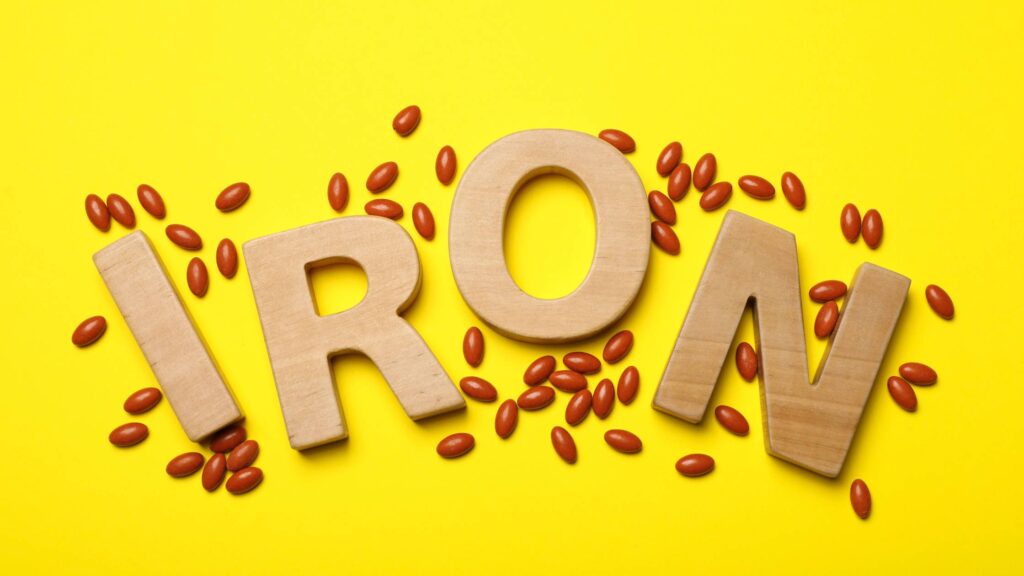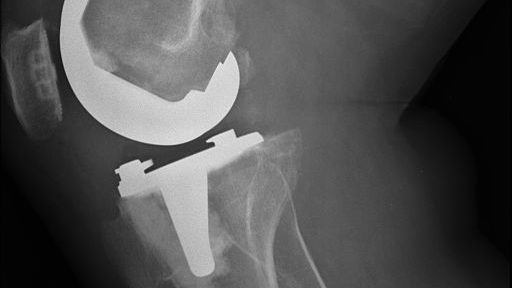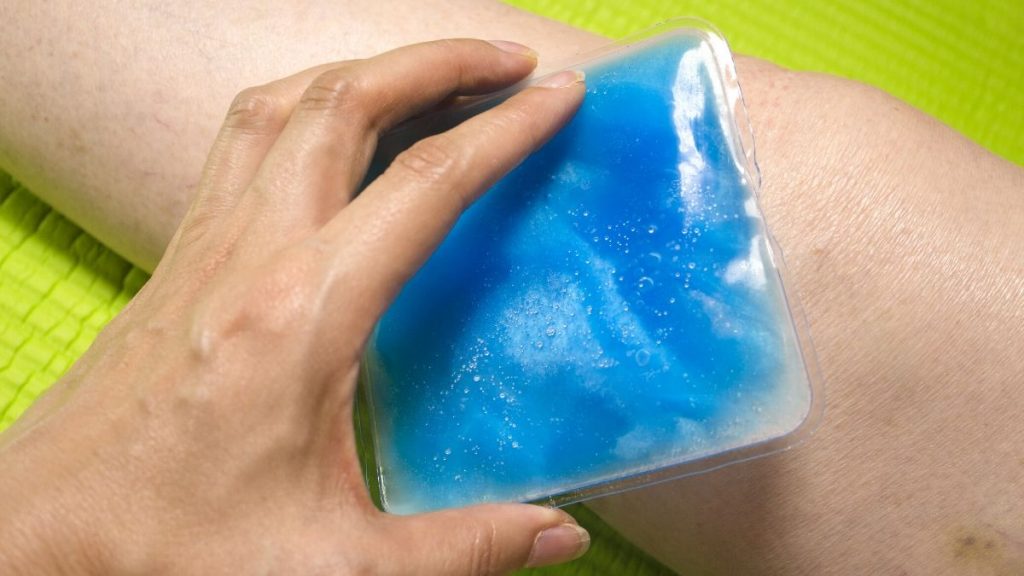Last updated on April 28th, 2025 at 09:32 pm

Iron deficiency anemia is a common condition that occurs when the body does not have enough iron to produce healthy red blood cells. Red blood cells are responsible for carrying oxygen throughout the body, and without enough iron, they cannot function properly. This can lead to symptoms such as fatigue, weakness, shortness of breath, and dizziness.
While iron deficiency anemia can affect anyone, it is more common in women of childbearing age and those who are pregnant. This is because their bodies require more iron to support the growth of the fetus and to compensate for blood loss during menstruation.
Fortunately, there are steps you can take to prevent and manage iron deficiency anemia. In this article, we will discuss some important tips on how to ensure that your body has enough iron to function properly.
Prevention
Prevention is always better than cure, and this applies to iron deficiency anemia as well. Here are some things you can do to prevent the development of the condition:
Eat Iron-Rich Foods
The most effective way to prevent iron deficiency anemia is to ensure that you have a diet rich in iron. Iron can be found in both plant and animal-based foods, but the body absorbs iron from animal sources more easily. Some examples of iron-rich foods include red meat, poultry, fish, leafy green vegetables, beans, nuts, and fortified cereals.
Pair Iron-Rich Foods with Vitamin C
Vitamin C enhances the absorption of iron in the body, so it’s important to pair iron-rich foods with a source of vitamin C. This can be as simple as having a glass of orange juice with your breakfast cereal or adding some lemon juice to your leafy green salads.
Avoid Foods and Beverages that Inhibit Iron Absorption
Certain foods and beverages can inhibit the absorption of iron in the body. These include tea, coffee, and calcium-rich foods such as dairy products. If you are iron deficient, it’s best to avoid consuming these foods and beverages during meal times.
Talk to Your Doctor about Supplements
If you suspect that your diet is lacking in iron, it may be beneficial to speak with a healthcare professional about taking over-the-counter iron pills.
These supplements can help increase your iron levels, especially if dietary changes alone are insufficient. However, iron supplements should be used cautiously because excessive iron intake can lead to adverse health effects and should ideally be taken under the supervision of a doctor who can monitor your iron status.
It’s also important to note that iron supplements should be taken on an empty stomach to enhance absorption and washed down with a vitamin C-rich drink to further aid in iron uptake.
Management
If you have already been diagnosed with iron deficiency anemia, there are steps you can take to manage the condition and alleviate symptoms:
Follow Your Doctor’s Treatment Plan
The most important step in managing iron deficiency anemia is to follow your doctor’s treatment plan. This may include taking iron supplements as prescribed, making dietary changes, and following up regularly for blood tests to monitor your iron levels.
Include Vitamin B12 and Folic Acid in Your Diet
Iron deficiency anemia can also be accompanied by deficiencies in other essential vitamins, such as vitamin B12 and folic acid. These are important for the production of healthy red blood cells, so it’s important to include sources of these vitamins in your diet as well. Some examples include eggs, dairy products, and leafy green vegetables.
Avoid Alcohol Consumption
Alcohol consumption can worsen iron deficiency anemia by further inhibiting the absorption of iron in the body. It’s important to limit or avoid alcohol altogether if you have been diagnosed with this condition.
Practice Good Hygiene
Iron deficiency anemia can also be caused by chronic blood loss due to conditions such as heavy menstruation or gastrointestinal bleeding. It’s important to practice good hygiene, especially during menstruation, to prevent any infection that could lead to blood loss and exacerbate the condition.
Conclusion
Iron deficiency anemia is a common condition that can have serious effects on your overall health and well-being if left untreated. By following these tips and working closely with your doctor, you can prevent and effectively manage iron deficiency anemia to ensure that your body has enough iron to function properly.
Remember, prevention is key, so make sure to maintain a balanced and nutritious diet to keep your iron levels in check. So, let’s take charge of our health and iron out any potential problems before they have a chance to affect us. Stay healthy and iron strong!
Keep Reading: Vit B12 deficiency is a common health problem, can have serious consequences – but doctors often overlook it
The author is a physiotherapist who has been practising for the last 17 years. He holds a Bachelor's in Physiotherapy (BPT) from SVNIRTAR (Swami Vivekananda National Institute of Rehabilitation and Research), one of the prestigious physiotherapy schools in India.
Whatever he learns dealing with his patient, he shares it with the world through blogs and e-books. He also owns a YouTube channel, "Sunit Physiotherapist" with over 8 lakh active subscribers. Here, he shares everything he gets to learn serving the patient.





